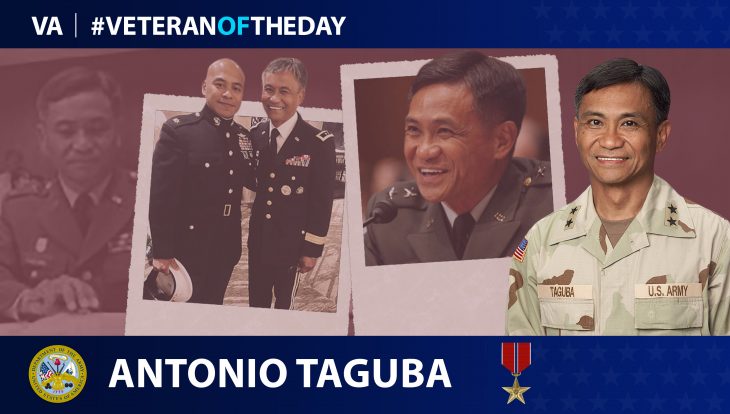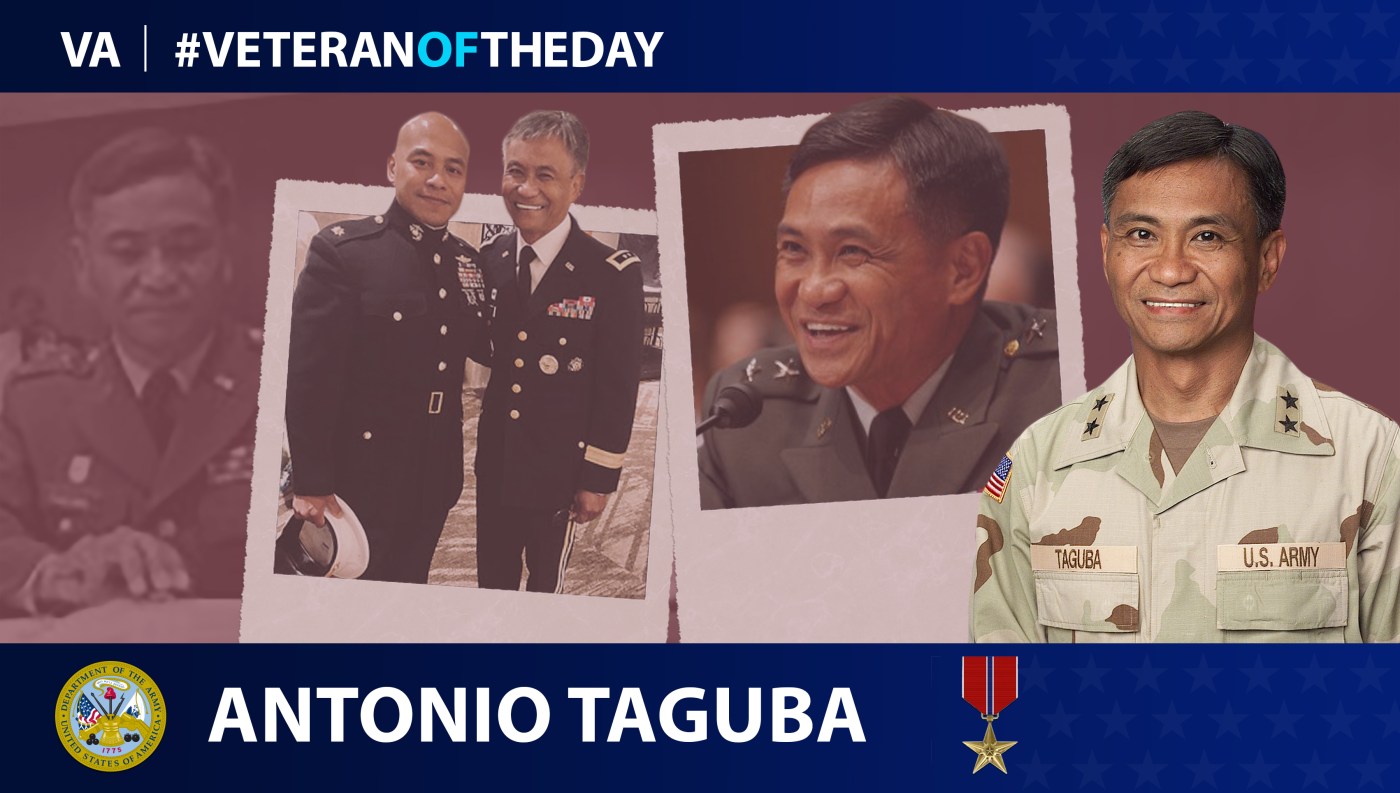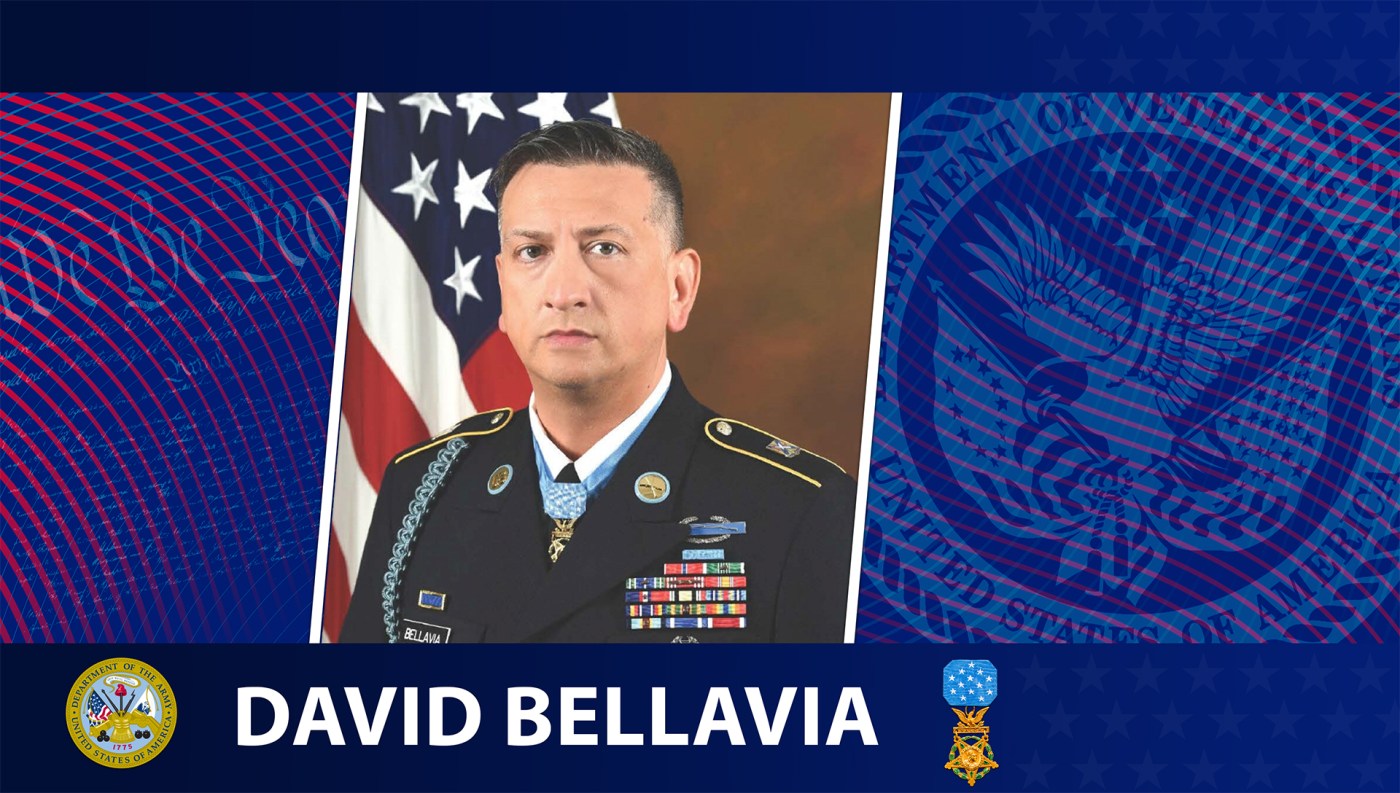
During Asian American Pacific Islander Heritage Month, today’s #VeteranOfTheDay is Army Veteran Antonio Taguba, who served 35 years.
Antonio Taguba was born in October 1950 in Manila, Philippines. In July 1961, he and his family moved to Hawaii where his father served with the U.S. Army. Taguba’s mother primarily raised him. She worked as a nurse in a Filipino prisoner of war camp in her youth. He attained citizenship in 1962 and attended Idaho State University, where he earned a bachelor’s degree in history.
In May 1972, Taguba commissioned as a second lieutenant in the Army Armor branch. He began active duty in November of that year, and went to Fort Knox, Kentucky, for armor officer basic training and advanced courses. His first station was at Fort Ord, California, with the Combat Developments Experimentation Command. Taguba then transferred to South Korea in 1974, where he was mortar platoon leader of the 1st Battalion, 72nd Armor, 2nd Infantry Division, 8th U.S. Army.
After a year, he went to command Headquarters and Headquarters Battery, Staff and Faculty Battalion of the Field Artillery School at Fort Sill, Oklahoma. Shortly thereafter, Taguba resumed international duties in Mainz, Germany, and later in Camp Casey, Korea, in January 1991. Taguba was also the executive officer of plans and policy for the Republic of Korea-U.S. Combined Forces Command while in Yongsan, Korea.
In addition to his Armor command titles, Taguba held numerous other leadership positions, including chief of staff of the U.S. Army Reserve Command at Fort McPherson, Georgia; deputy commanding general (south) of First U.S. Army at Fort Jackson, South Carolina; and acting director of the Army Staff at the Pentagon. Perhaps Taguba’s most defining role, however, was as deputy commanding general of support, Third U.S. Army, during his deployment to Kuwait. Taguba’s primary responsibility was to aid American forces in Kuwait, Afghanistan, Iraq and Djibouti during Operation Iraqi Freedom and Operation Enduring Freedom.
Taguba retired as major general from the Army on Jan. 1, 2007. Since then, he has worked with the Filipino Veterans Recognition and Education Project as well as the Chinese American World War II Veterans Recognition Project to honor those servicemen and women.
During his service, Taguba received a Distinguished Service Medal, a Legion of Merit with three oak clusters, a Bronze Star Medal, a Meritorious Service Medal with six oak clusters, an Army Commendation Medal with two oak clusters and an Army Achievement Medal with one oak cluster.
Thank you for your service!
Nominate a Veteran for #VeteranOfTheDay
Do you want to light up the face of a special Veteran? Have you been wondering how to tell your Veteran they are special to you? VA’s #VeteranOfTheDay social media feature is an opportunity to highlight your Veteran and his/her service.
It’s easy to nominate a Veteran. Visit our blog post about nominating to learn how to create the best submission.
Contributors
Writer: Hannah Randolph
Editor: Katherine Adams and Katherine Berman
Fact checker: Carl Wesseln
Graphic artist: Grace Yang
Topics in this story
More Stories
This week’s Honoring Veterans Spotlight honors the service of Army Veteran David Bellavia, who received a Medal of Honor from the Iraq War’s deadliest operation, the Second Battle of Fallujah.
This week’s Honoring Veterans Spotlight honors the service of Army Veteran Scotty Hasting, who served in Afghanistan.
This week’s Honoring Veterans Spotlight honors the service of Army Veteran Roy Sheldon, who served in 97th General Hospital in Frankfurt, Germany.







Thank you for your service Antonio Taguba.